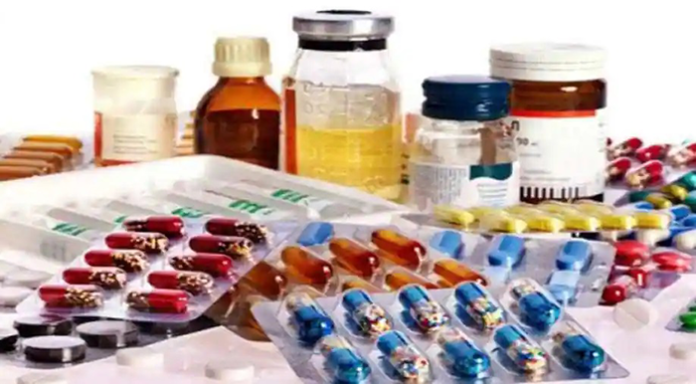November 09, Colombo (LNW): Access Medical Tracers (Private) Limited, a special purpose vehicle majority owned by Access Engineering Plc, has won the bid to build, operate and own (BOO) a cyclotron based radiopharmaceutical production facility in Sri Lanka, the company said.
“This is the first time such a facility is developed in the Country to produce Fluoro – Deoxy-Glucose (FDG) which is required mainly for the purpose of cancer detection,” Access Engineering said in a stock exchange filing.
The development cost of the production facility is estimated at 6.5 million dollars. The investment amount of Access Engineering will be notified in due course, the company said.
The ground breaking ceremony for the facility was held on Friday (8). Following a competitive bidding process a BOO agreement was signed on Tuesday (5) between Sri Lanka Atomic Energy Board, the Ministry of Health and Access Medical Tracers (Private) Limited (special purpose vehicle) for the implementation of the production facility.
Access Medical Tracers (Private) Limited is owned by Access Engineering PLC (60%), Access International (Private) Limited (20%), Sri Lanka Atomic Energy Board (10%), and the Ministry of Health (10%).
Cabinet approval has been given for the Government’s decision to implement a Cyclotron-based Radiopharmaceuticals Manufacturing Center at the Kotelawala Defense University Hospital premises in Werahera in collaboration with the Atomic Energy Board of Sri Lanka.
This decision was taken due to the lack of facilities in Sri Lanka to test for the radioactive drug Fluorodeoxyglucose which is being used for PET and CT Tests that conducted to diagnose cancers.
A special device called Cyclotron is used to produce this drug. “Due to the radioactive decay, about 97% of the capacity of the drug is lost when imported from India. Only 10 patients can be treated from the remaining capacity.
Although there is a need to test about 30,000 patients annually, due to this only a capacity of 1,600 patients can be tested. It costs the government around Rs. 54,000 to test one patient using the imported drug. If the drug is manufactured locally, the cost can be reduced to Rs. 14,000,” the government said.
